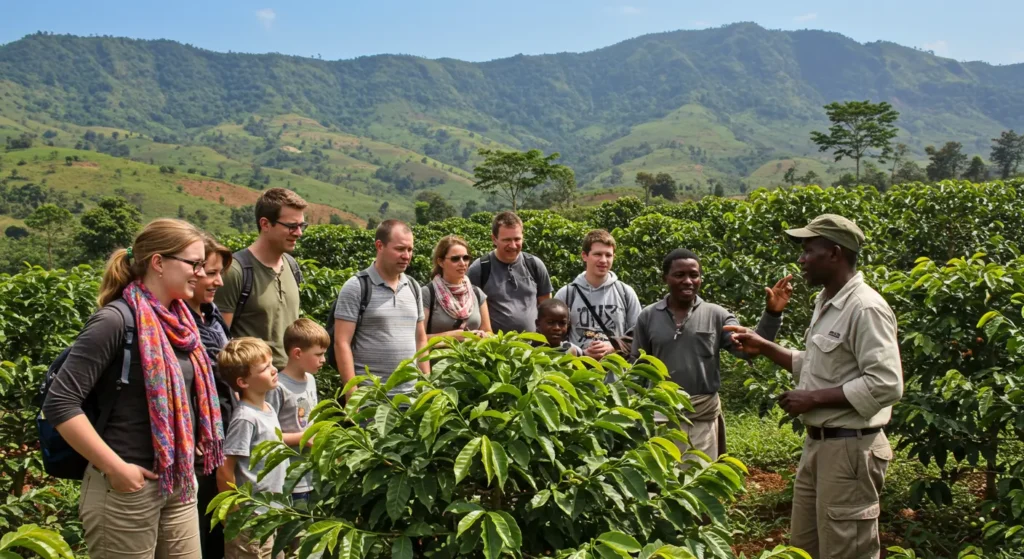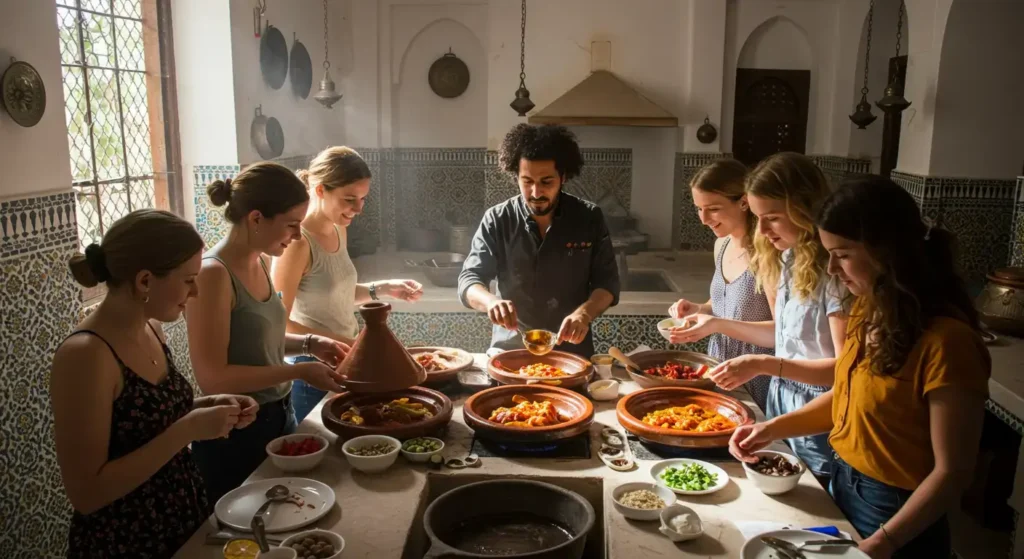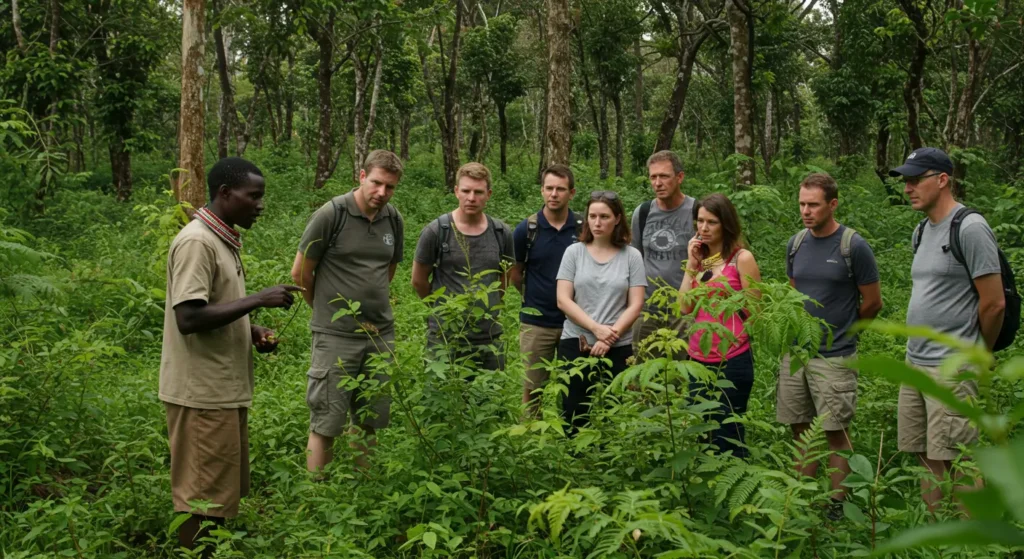A New Way to Experience Africa
Africa has long been celebrated for safaris, wildlife reserves, and coastal getaways. But today, a quieter trend is emerging: agritourism in Africa. International travelers are moving beyond game drives to discover eco-lodges, luxury farm stays, vineyard tours and coffee plantation experiences. For rural communities, this is more than tourism it is a pathway to sustainable income, cultural pride, and environmental stewardship.
What Is Agritourism?
Agritourism blends agriculture and tourism by opening farms, orchards, and vineyards to visitors. Guests might harvest tea in Kericho, learn traditional cooking in a Ugandan homestay, or enjoy farm-to-table dining in luxury eco-resorts. Unlike mainstream tourism, agritourism emphasizes authenticity, sustainability, and community impact

Why Africa Is the Perfect Agritourism Destination
- Agricultural Abundance: From South Africa’s world-famous vineyards to Kenya’s coffee and tea estates, Africa offers unique farm-based travel.
- Cultural Heritage: Farming here is tied to rituals, music, and community traditions that enrich the visitor experience.
- Eco-Conscious Travel: As climate change reshapes global tourism, travelers seek sustainable tourism in Africa that reduces environmental footprints.
- Economic Inclusion: Agritourism channels revenue directly to farmers, cooperatives, and eco-lodges, keeping money in local economies.
Top Agritourism Experiences in Africa
- Coffee Tourism in Kenya & Ethiopia
Visitors tour plantations, roast beans, and sip freshly brewed coffee where the crop originated. - Wine Tourism in South Africa
Stellenbosch and Franschhoek are global hotspots for vineyard tours, wine tastings, and gourmet farm-to-table dining. - Tea Tours in Kenya
Rolling hills of Kericho and Nandi offer scenic farm walks and immersive lessons in tea production. - Luxury Farm Stays in Tanzania & Uganda
Boutique lodges and eco-farms now cater to premium travelers who want comfort with authenticity. - Honey Trails in Zambia & Kenya
Guests explore beekeeping projects, honey tasting, and community-driven conservation.

The Luxury Side of Agritourism
Far from being a budget option, agritourism is attracting high-spending eco-conscious travelers. Luxury eco-lodges, vineyard resorts, and organic farm retreats are growing rapidly. Visitors are willing to pay more for experiences like:
- Gourmet farm-to-table dining prepared with organic produce.
- Private vineyard tours with sommeliers.
- Wellness retreats on organic farms, combining yoga, herbal medicine, and local food.
This premium segment makes agritourism in Africa a high-value opportunity for investors, tour operators, and governments.
Challenges to Overcome
Despite its promise, agritourism faces hurdles:
- Poor rural infrastructure limits accessibility.
- Farmers need hospitality and digital marketing training.
- Africa must position itself globally as more than just a safari destination.
With strategic investment, the sector could rival mainstream tourism — especially as more travelers search for sustainable travel in Africa.

The Future of Travel in Africa
The future of African tourism will not only be told in game parks and beach resorts. It will be experienced in vineyards, coffee plantations, eco-lodges, and rural homesteads. Agritourism delivers something deeper: connection to people, food, and land.
For travelers, it offers meaning. For farmers, it offers income and dignity. And for Africa, it offers a new chapter in tourism that is profitable, sustainable, and globally competitive.
Agritourism in Africa isn’t just a trend — it’s the continent’s next great travel revolution.





